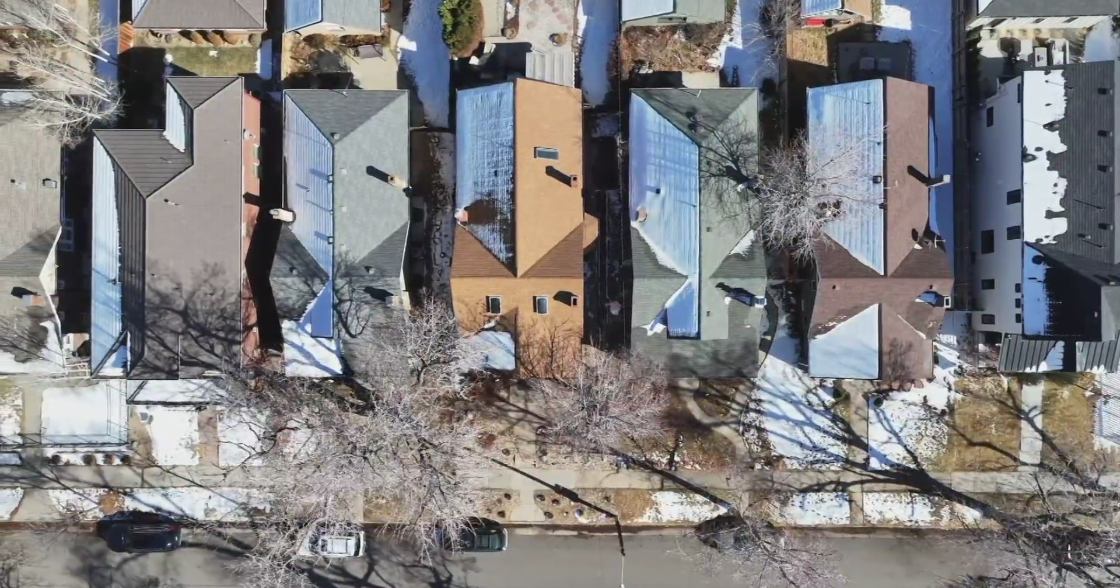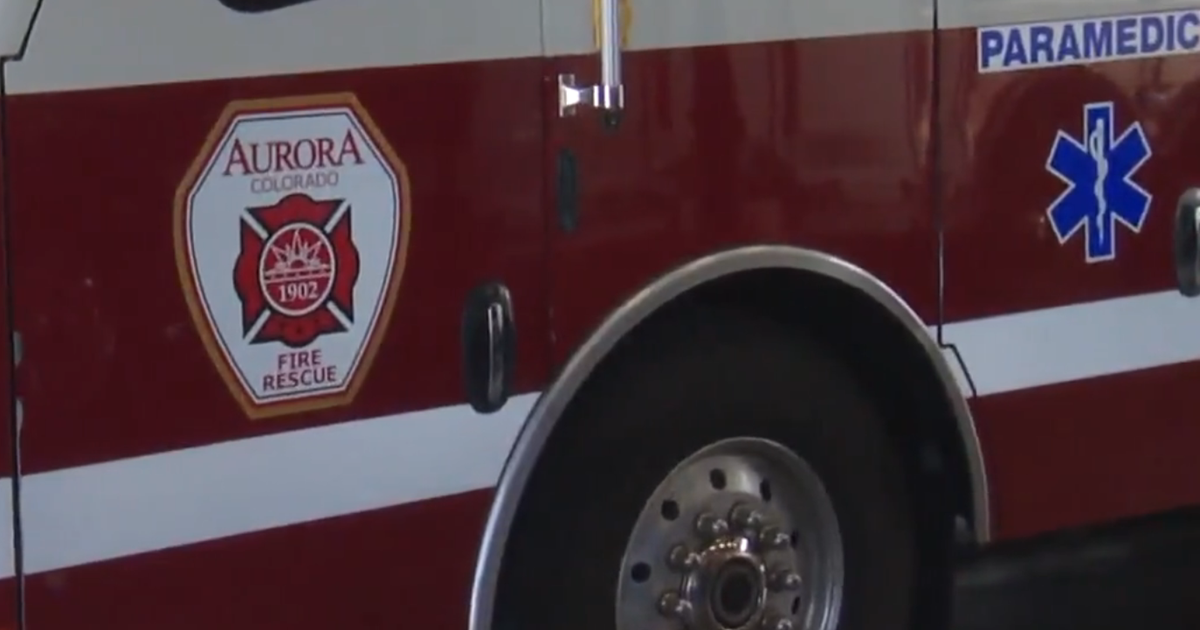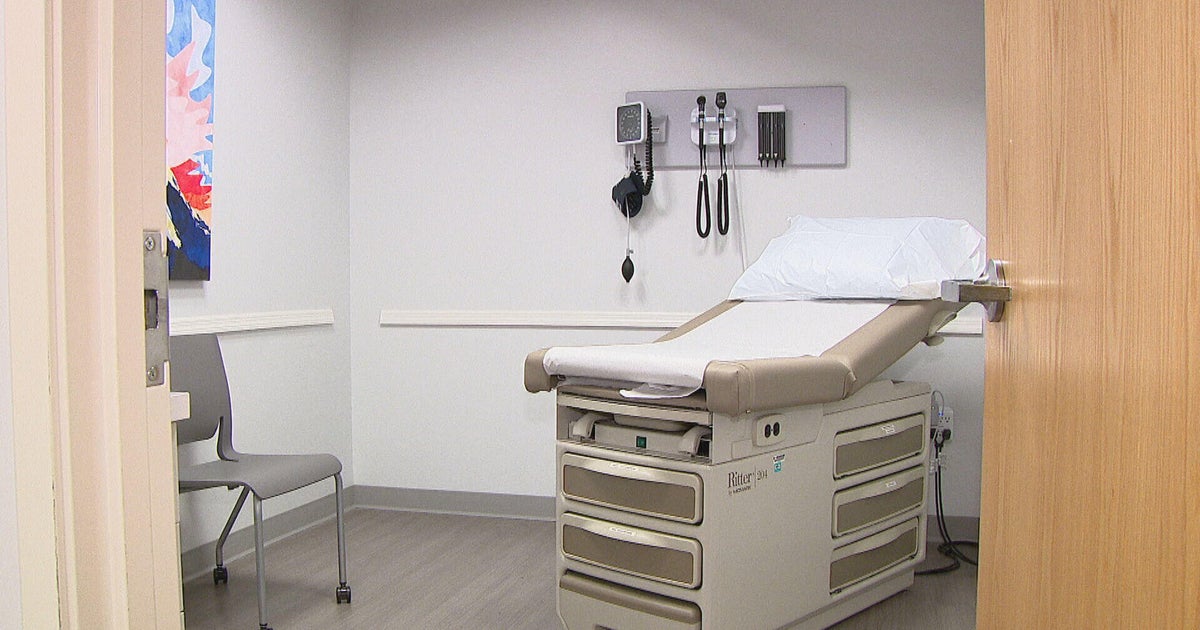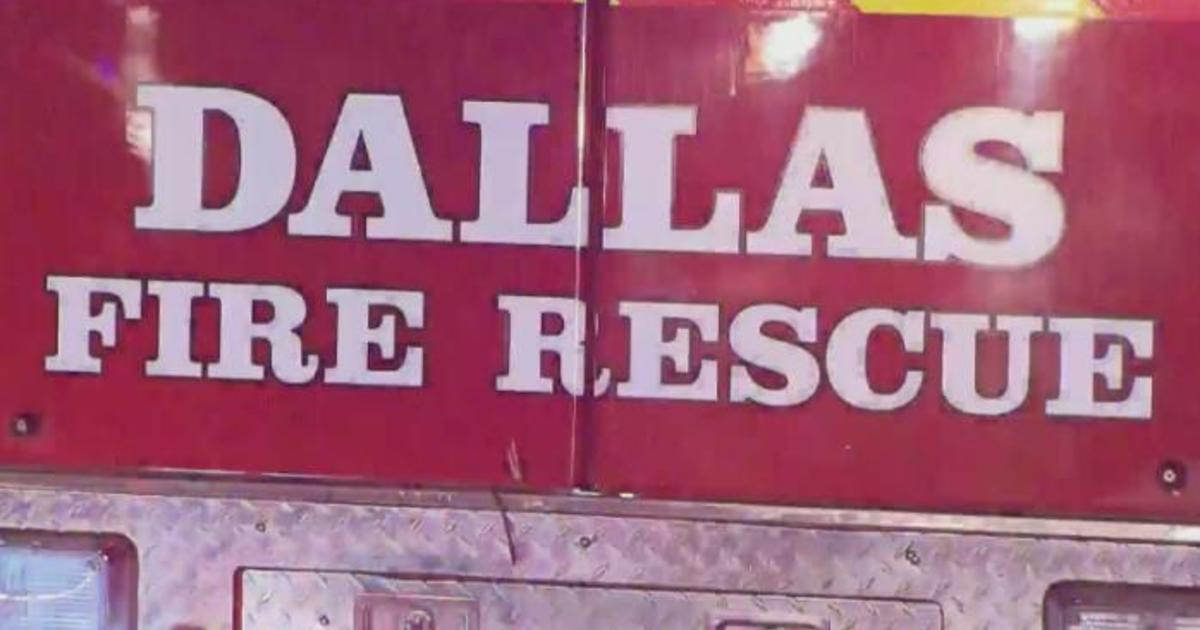Study: Heart Issues In Cats After Wildfires Could Provide Insight In Human Health
DAVIS (CBS13) — A new study released by UC Davis looks at the impacts of wildfires on cat health after their veterinary team treated dozens of cats during recent California wildfires, including the Camp Fire. The team hopes these findings could lead to changing the way people are treated after fires, as well.
Care for cats hurt in recent wildfires provided helpful insights for the UC Davis Veterinary Emergency Response Team.
"The first cats we saw — we just evaluated cause we heard heart murmurs," said Catherine Gunther-Harrington, one of the study's authors. "Then we noticed these major changes that were occurring on heart ultrasound."
Researchers like Gunther-Harrington found that the cats suffering from burn injuries and smoke inhalation often developed even more severe heart issues.
"About a third of those cats had blood clots or suggestions on ultrasounds they would have blood clot formation," said Gunther-Harrington.
READ: Cat Lost In Camp Fire Found 102 Days Later, Will Reunite With Family In Missouri
Camp Fire survivor Jill Kimball, who now lives in Florida, dealt with this firsthand.
"They all seemed to be happy and healthy when we were living in Paradise," said Kimball. "But it became very stressful."
Now more than a year and a half later, Kimball had to put down two of her cats — Dixie and Matt — over the last two months. Both suffered newfound heart issues after the Camp Fire. Kimball said they never had health problems before.
"How does an 8-year-old or 7-year-old cat suddenly have an enlarged heart?" Kimball said.
Researchers say by looking at the study findings in semi-urban areas, it could pave the way to better understanding these health issues in more than just cats.
READ: Report: Death Toll In Camp Fire Likely Includes 50 More People
"Cats and humans share a lot of the same outcomes when they have burn injury and smoke inhalation," said Joshua Stern, a cardiologist who worked on the study.
As the team continues developing treatments for these issues in cats, it's possible the treatment could translate to humans as well.
"We now have an idea of what that looks like in cats," said Stern. "That could be very informative as people move forward to treat humans in the same areas."
UC Davis said 80% of the cats they treated did recover and go home with their owners.







